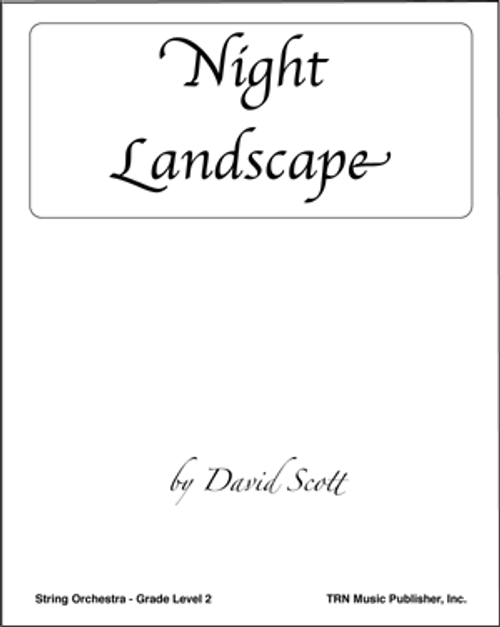Giacomo Puccini (1858-1924) was born in Lucca, Toscana, Italy to a family that consisted of a long line of composers. When Puccini was a young boy his father died, leaving his mother and seven children in poverty. Puccini sang and learned to play the organ. At 18 he wrote his first composition, and later entered the music conservatory in Milan. Puccini had a tough start as a composer, but with much hard work he became successful and did well financially. Puccini wrote ten operas, including Il Trittico which was actually three one-act operas. While working on the opera Turendot, Puccini developed a sore throat, which was later diagnosed as cancer. He was operated on, but died five days later of heart failure.
Gianni Schicchi is the name of a one-act opera first performed in New York in late 1918. It is actually one of three one-act operas (Trittico) performed during the same evening. The opera is set in the year 1299. A wealthy aristocrat of Florence (Italy) has just died, and his greedy relatives are gathered at the bedside pretending to grieve. But their real interest is in what they will inherit. They locate the dead man’s will and are disappointed to learn that most of the money has been left to the church. Gianni Schicchi is summoned to help them draw up a phony will, leaving the relatives the estate to divide. Gianni Schicchi’s daughter, Lauretta, begs her father to help, singing the famous arietta, “Oh, mio babbino caro,” meaning “Oh, my beloved daddy.” Impersonating the deceased aristocrat, Gianni Schicchi dictates his new will to the notary as witnesses stand by. Tricking the relatives, Gianni Schicchi leaves the bulk of the estate to “his devoted friend…Gianni Schicchi.” The relatives can do nothing about this, for they would be punished for being an accomplice to the fraud.
Madama Butterfly is based upon a true story of a geisha girl jilted by her American sailor husband. The opera is set in Nagasaki, Japan in the nineteenth century. Navy Lieutenant B.F. Pinkerton has contracted for a “Japanese marriage” with a woman called Butterfly. Although Pinkerton looks on the marriage as a temporary arrangement, Butterfly is actually in love with him and gives up her religion and her family in order to marry the Lieutenant. However, Pinkerton deserts Butterfly and returns to the United States where he marries an American woman. Three years pass while Butterfly and her son wait for Lieutenant Pinkerton to come back to Japan. She sings, “Un bel di vedremo:” someday he’ll come. But it is Kate, the American wife, who arrives to tell Butterfly the truth. Butterfly kills herself with her father’s sword, which bears the inscription, “To die with honor when one can no longer live with honor,” and Pinkerton takes the child back to America.
Marsha Chusmir Shapiro has adapted this haunting melody for string orchestra. As with most of her compositions and arrangements, Mrs. Shapiro gives each instrumentalist opportunities to play “singable” melodic lines by incorporating horizontal as well as vertical scoring.
- Composer: Marsha Chusmir Shapiro
- 3
- NR
- -:--





